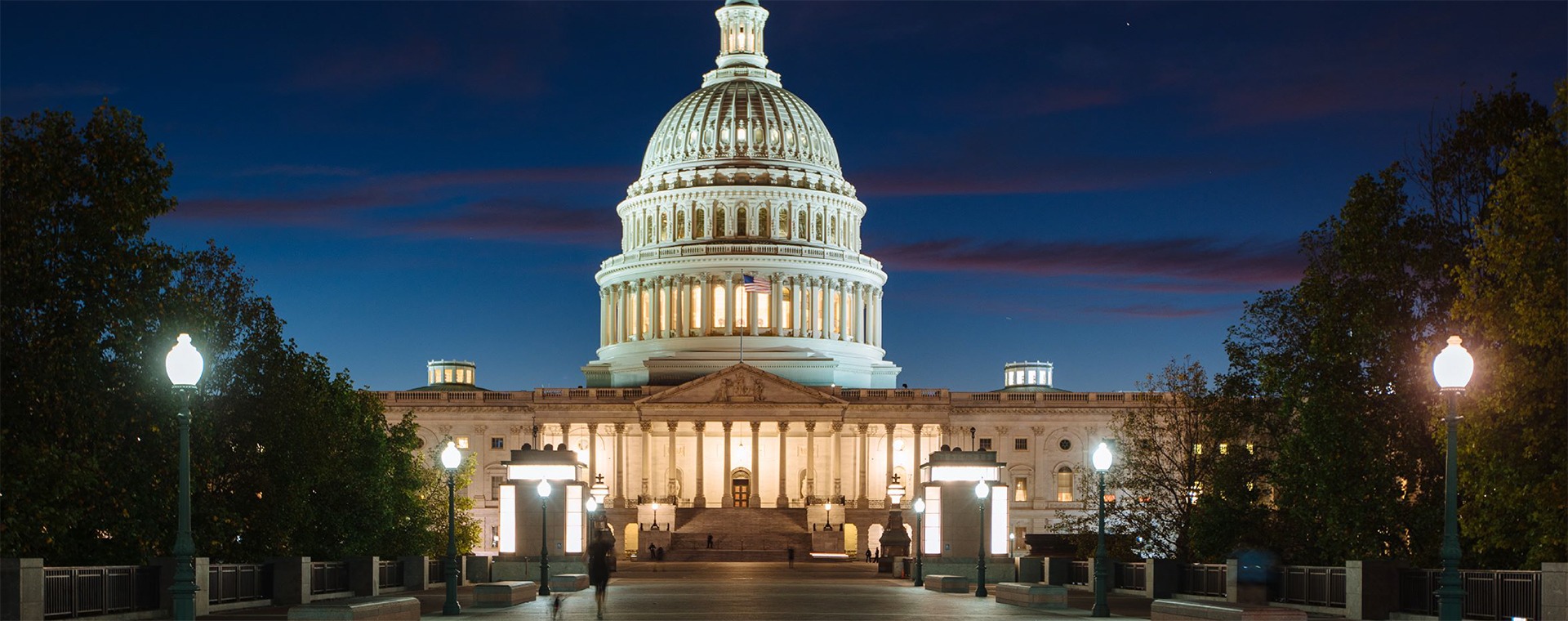On Wednesday, the House and Senate passed a relatively clean Continuing Resolution (CR) (text, summary, CBO cost estimate), which largely continues current FY 24 funding through December 20, with some anomalies and additional funding for the Secret Service.
The House moved the stopgap bill through suspension of the rules, which requires two-thirds support. The House vote was 341-82. 209 Democrats, no defections, and 132 Republicans, a majority of the majority, voted in favor, with 82 Republicans voting in opposition. The Senate passed the bill not long after in a 78-18 vote in which Republicans comprised all 18 votes in opposition. Votes were expedited in part due to the hurricane warning. President Biden is expected to sign the legislation before current funding runs out at the end of this month.
The House and Senate are now on a six-week recess, affording plenty of time to campaign, and will return on November 12, after the 2024 elections, which is expected to impact FY 25 funding negotiations. While appropriators on both sides of the aisle have expressed interest in completing the FY 25 bills this calendar year, if Republicans perform well in the elections they may push to complete the FY 25 bills in the next Congress.
One significant hurdle is that House and Senate leadership are using different funding topline numbers. The House and Senate FY 25 bills are nearly $90 billion apart in overall discretionary funding, as the House has adhered closely to the statutory caps while the Senate included emergency spending and additional adjustments from the side deal negotiated last summer as part of the debt limit deal.
Congress’s lame duck agenda also includes Farm Bill reauthorization, the National Defense Authorization Act (NDAA), and other items.
